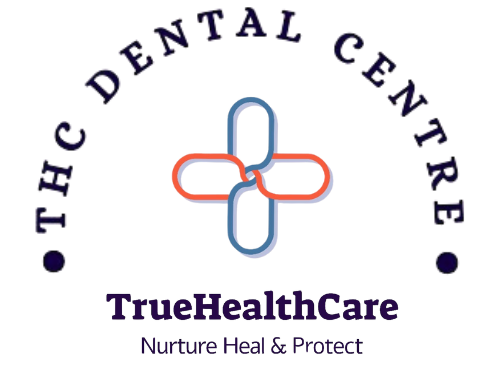What Are Oral Ulcers?
Oral ulcers are small, painful sores that form inside the mouth. They can appear on the tongue, gums, or inner cheeks. Most people call them canker sores. While they are usually not dangerous, they can cause discomfort. Oral ulcers prevention is important for a healthy mouth. These sores often heal on their own, but you can take steps to avoid them.
Common Symptoms of Oral Ulcers
Oral ulcers have some clear signs. Knowing these symptoms helps you spot them early. For example, you may notice:
However, most ulcers heal within one to two weeks. If symptoms last longer, you should see a dentist.
Main Causes and Risk Factors
There are many reasons why oral ulcers develop. Understanding these causes can help with oral ulcers prevention. Some common causes and risk factors include:
Additionally, some toothpaste or mouthwash ingredients can trigger ulcers in sensitive people.
Effective Oral Ulcers Prevention Strategies
Preventing oral ulcers is possible with a few simple steps. Here are some proven oral health tips:
Eat a Balanced Diet
Practice Good Oral Hygiene
Adopt Healthy Lifestyle Habits
In addition, check your mouth for any changes regularly. Early action can help prevent mouth ulcers from getting worse.
When to Seek Professional Dental Care
Most oral ulcers heal on their own. However, you should see a dentist if:
Sometimes, mouth ulcers can signal a more serious health issue. Therefore, professional advice is important if you are unsure.
Frequently Asked Questions About Oral Ulcers Prevention
Conclusion
In summary, oral ulcers prevention is possible with healthy habits. Eat well, keep your mouth clean, and manage stress. If you have ongoing problems, consult a dental professional for personalized advice on oral ulcers prevention.

